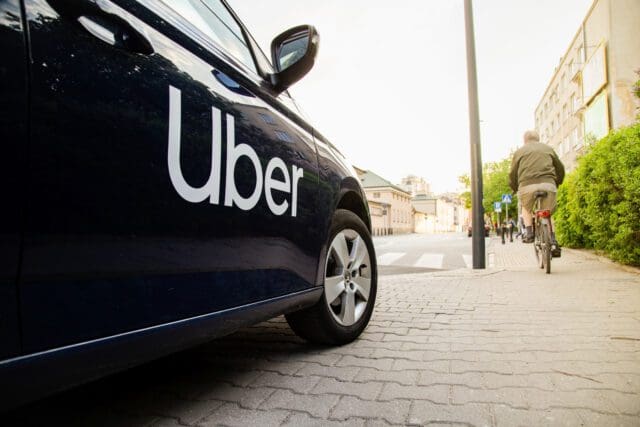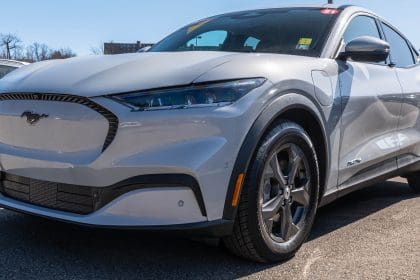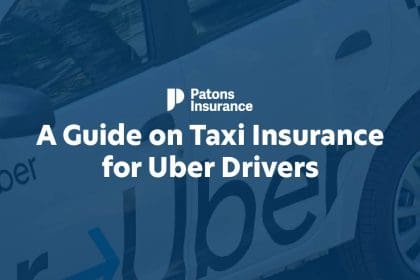As demand for taxis surges and the shortage of drivers continues, it has been suggested that the simple answer is to let Uber loose across towns and cities.
But changes in the law, different licensing policies and rogue drivers mean the issue is anything but simple. In the first of our two-part special report, we look at how changes in licensing regulations have created an uneven playing field that has left cabbies and PHV drivers fighting for their livelihoods.
Uber’s model has caused controversy since it was launched in 2009 because while taxi and PHV drivers have to follow regulations and charges set by the licensing authority in the area they work, those who work for Uber have more freedom to operate.
Changes to the law in 2015 mean that Uber drivers can operate across the UK, even in towns and cities where the firm isn’t licensed. This gives them an advantage over private hire taxis which cannot pick up fares outside of their licensing areas unless they have been pre-booked. It also means there is more competition for public hire drivers, who can be hailed in the street or from a taxi rank.
Unleashing Uber
Difficulties getting a taxi led Hereford Times reader George Thompson to write to the paper suggesting that Uber should be allowed to operate freely in the area to solve the problem.
In his letter, he said: “This week I tried to book a taxi for the regular 5.23am train from Hereford to London, but, having rung the major operators in Hereford for a lift from Tupsley to the train station, a five-minute journey, none were able to provide the service.
“It left me asking why we are so far behind the times with an oligopoly of overpriced and under-performing taxi companies? Why is the council protecting failing companies and stifling competition such as Uber?
“Allowing the likes of Uber to operate would alleviate traffic as taxis would be more abundant and cheaper, as well as provide more independent employment.
“Another example of our council keeping us behind the curve.”
To some, this might seem an obvious solution to the taxi shortage, but in other areas, there is strong opposition to out-of-town drivers and operators such as Uber.
Protests
Bedford Today reports that the town’s hackney drivers want Bedford Borough Council to stop out-of-area drivers picking up passengers in the area.
While there is nothing stopping Uber drivers picking up fares booked through the app wherever they are, they cannot act as public hire cabs and other PHVs cannot pick up fares in other areas unless they have been booked in advance, such as a return trip from a train station or airport.
Representing both hackney and private hire drivers, The Bedford Action Group told the newspaper that PHV drivers from other areas are “illegally touting for fares by parking in taxi ranks when their licence only covers booked passengers”.
David Masih, of Bedford Action Group, said: “If Bedford drivers go to other areas, such as Milton Keynes, and illegally pick up passengers, their compliance officers have no hesitation to report the driver to Bedford Borough Council. Why is our council not the same?
“It just seems that these out-of-town drivers see Bedford as a soft touch, so they can break the law with no repercussions.”
A council spokesperson said: “Complaints about a vehicle licenced by another local authority should be reported directly to the local authority that has licenced the vehicle because only that authority has legal powers to investigate the complaint and impose any sanctions against the licence holder.”
The Department for Transport’s Taxi and Private Hire Vehicle Licensing Best Practice Guidance for Licensing Authorities in England (November 2023), it says “licensing authorities should, where the need arises, jointly authorise officers from other authorities so that compliance and enforcement action can be taken against licensees from outside their area”.
In the second part of our special report, published on Monday, we look at regions in which taxi drivers are taking action against “out-of-towners”.




